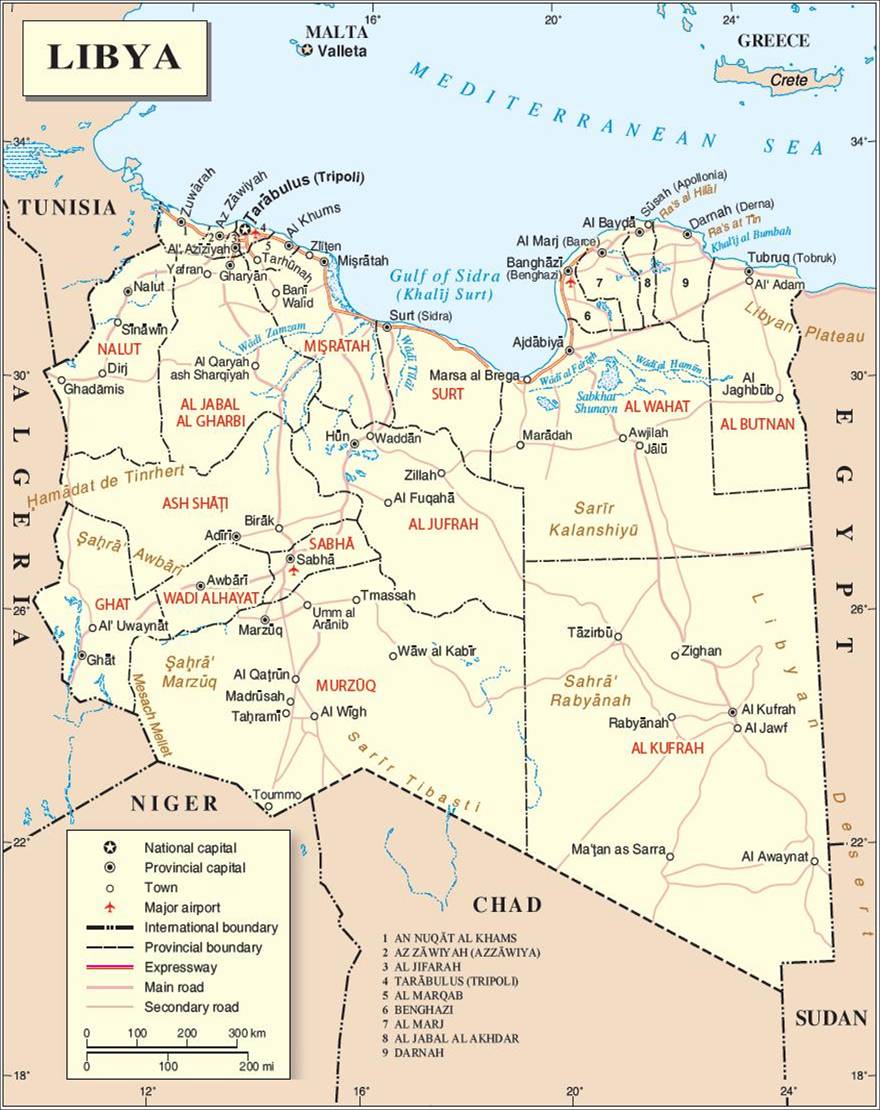Overview
On 14 October, Ali Zidan was elected the new prime minister of Libya, just one week after the previous incumbent, Mustafa Abu Shagur, was dismissed by the National Congress in a vote of no confidence. Zidan beat his rival Mohammed Al-Harari in a close-fought race, taking 93 votes to Al-Harari’s 85. Zidan was elected to Congress on an independent candidate in the August elections; he will now have two weeks to submit his Cabinet for approval by Congress.
The ongoing standoff over Beni Walid has again dominated reporting in western Libya during the last seven days. Violent clashes were reported to have resumed around Beni Walid on 11 October and authorities in the city claimed that shelling had hit residential areas, resulting in several deaths. A report has claimed that a reconciliation committee tasked by the National Assembly arrived in Beni Walid on 14 October and that negotiations aimed at securing an agreement to end the violence were close.
Reports have claimed that Ansar Al Sharia, the Islamist brigade suspected to be behind the 11 September attack on the US consulate in Benghazi, had been cornered in the Jebel Akhdar (Green Mountains) region by the National Army. Libyan sources have warned against unilateral USaction which could destabilise the region. Benghazi’s police chief, Colonel Mohammed Ben Haleem, escaped an assassination attempt on the morning of 13 October when a bomb detonated under his car.





